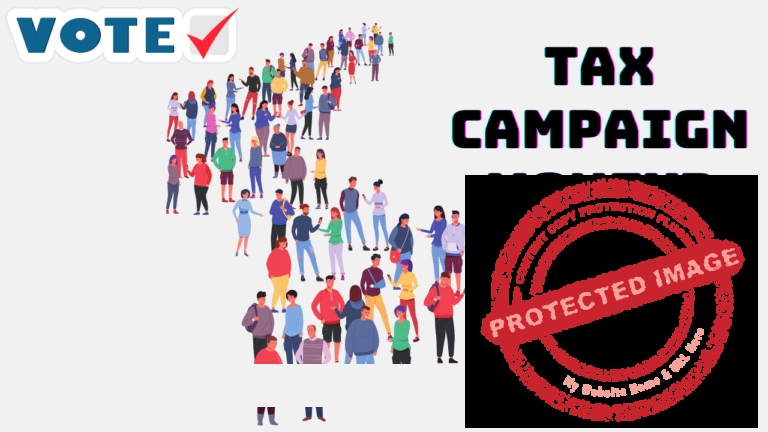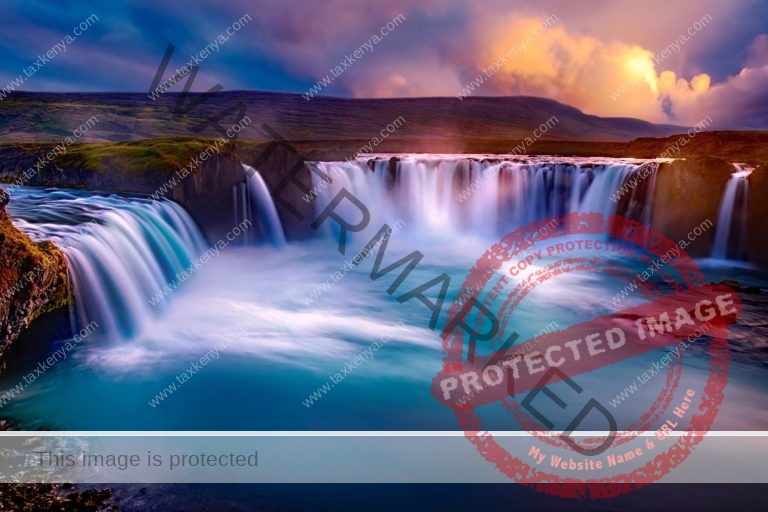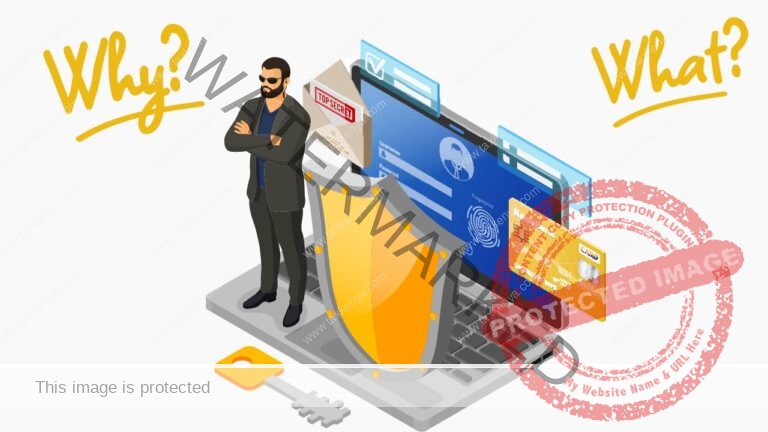Introduction
Occasionally, taxpayer’s documents and information are available in the media. The question is, who is the source of the documents and the information?
According to Section 6 of the Tax Procedures Act (2015), taxpayers documents and information are confidential and therefore should not be out there in the media more so in the social media. If this happens, then is a blatant abuse of tax laws in this country.
Country laws are enacted to be followed: they are not guidelines. Section 6 of the Tax Procedures Act (2015) requires that the Commissioner or an authorized person who obtains in the course of the administration of tax laws taxpayers information and documents to protect their confidentiality.
Therefore, the confidentiality of the taxpayer’s information and documents is protected under this Section. However, there are circumstances where the Commissioner and or an authorized officer can pass the information to other persons. In case a taxpayer’s information or documents are disclosed to those persons, confidentiality must be assured as per the Act’s dictates.
Persons to be disclosed taxpayer’s information and documents
According to Section 6(2), the following persons have a right to be disclosed a taxpayer’s information and documents.
- Another authorized officer for work-related purposes.
- An authorized customs officer for work-related purposes.
- The Tribunal or Court for proceedings under the law.
- The Director-General of the Kenya Bureau of Standards for official duties.
- The Auditor-General for official duties.
- A competent authority of a foreign government or organization with an agreement to exchange information.
- The Authority responsible for the investigation of corruption and matters related to public officers’ integrity.
- Any other government institution for purposes of performance of the institution’s duties.
- Any other person with the written consent of the person to whom the documents or information relates.
As per Section 6(3), upon receipt of a taxpayer’s documents and records, all the persons listed under Section 6(2) must protect the documents and information’s confidentiality.
This means that the persons who receive a taxpayer’s documents and information must keep the same confidential, and if they do not do that, they can be surcharged.
Information to the media
Many times, some taxpayer information and documents are available in the media. The articles are always with insinuation of either tax evasion or tax avoidance. The conclusion is that the source of the documents or information is KRA.
This leaves one wondering whether KRA has relegated tax audits to the media. The taxpayers are audited, penalized and tax collected through the media.
Of course, if the source is KRA, someone or some people in KRA are leaking taxpayer’s information and documents to the media. This is against the tax laws in this country, and the affected persons should seek legal redress as a lesson to other persons who blatantly break the laws in this country.
Note that it is not KRA’s policy to leak taxpayer’s documents and information to the media.
Taxpayer’s Charter a document authored and distributed to the public by KRA assures taxpayers of confidentiality of their document and information. However, it. seems that there are some people in KRA who avail taxpayer’s documents and information to thee public for whatever reason.
Since tax laws are to be followed, they are not guidelines, illegally availing taxpayers’ documents and information to the media without KRA acting on the issue is pure of immunity. This is because, despite taxpayers’ information and documents being out there, KRA does not seem to address the blatant breaking of the tax laws.
It is essential for the persons who leak taxpayer’s information and documents to the media to be aware that they break tax laws and their oath of office. They may be sued whether in office or out of office. In Kenya, there is no capping of the time that one can seek legal redress.
Questions:
- Did you know that your tax documents and information have confidentiality protection?
- Has your tax information and/or documents been leaked to the media?
- Did the leaking of the documents and/or information happen in KRA?
- What are you planning to do about it?
Value of this post
Was this post valuable?
Tell us whether this post was useful; we love hearing from our readers.






